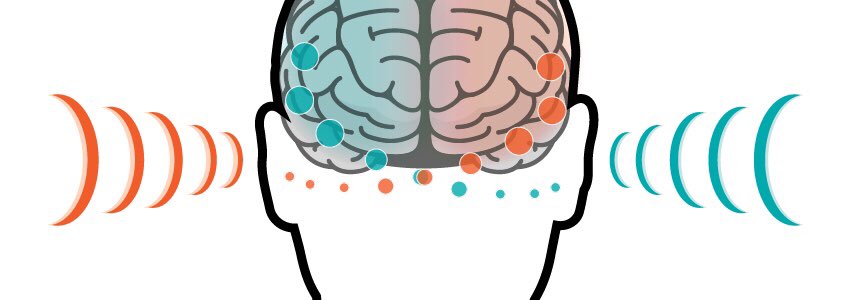
Rotation-curation account for #xl8 and #1nt. Currently on hiatus. Stay Warm & Safe The Admins: @JHawkTranslator @jpatspecialist @southpawmt
How to get URL link on X (Twitter) App


 A shout out now for @royaldeaf who have done a sterling job in providing covid19 public health using deaf practitioners & presenters: see this video for example: COVID vaccination: Why it’s important and how you can help save lives 8/x
A shout out now for @royaldeaf who have done a sterling job in providing covid19 public health using deaf practitioners & presenters: see this video for example: COVID vaccination: Why it’s important and how you can help save lives 8/x


https://twitter.com/InterRausch/status/1387688421519417345I mean the number of people who go on and on about having to read James Joyce to be a conference interpreter. Do I really? How many have read Wole Soyinka? Amadou Hampaté Bâ?
https://twitter.com/alkapibara/status/1387667561500844037bc basically once imprisoned, a process of stripping ppl of their work permit / residency takes place and they are not entitled to a lawyer / interpreter to fight this and have to submit filings while inside detention to keep the deadlines.

 Solution? Both ears fully covered + 👉self-monitoring👈 (that is, listening both to “Floor” AND to your own voice through your headphones).
Solution? Both ears fully covered + 👉self-monitoring👈 (that is, listening both to “Floor” AND to your own voice through your headphones).